Preventing and Recovering from Extremism (Video)
It’s been a few months since I have been in touch with you.
Own Your Brain continues to grow!
Tragedies like the mass shooting in Orlando and almost all terrorist attacks and hate crimes are the result of a young mind being influenced by some form of extreme mental manipulation.
Politicians try to exploit the tactics of manipulation daily in their pursuit to win votes.
These manipulative tactics must be exposed! Exposing these tactics is THE GOAL of Own Your Brain!!
Many people want to fight the enemy with guns or condemnation of a belief systems, such as Islam. They argue, sometimes brilliantly, about how wrong a doctrine, such as those held by an extremist group, is.
As a former cult member, I can tell you, condemnation of a doctrine or belief system is not an effective method to dissuade someone who is caught in an extremist mentality. It doesn’t work because extremists are caught in circular thinking. They cannot see outside that circular thinking and the condemnation only increases their commitment. This is why prevention and helping those who want to leave is so important.
There is good news!
Many people are walking away from extremist religions, cults, gangs, terrorist groups and abusive relationships. They are seeing through the tactics used by religious leaders and politicians. This is GREAT!
However, they need support.
They also need a new set of tools in order to recover fully. To rebuild their lives.
Tools like critical thinking are important for them, so they can understand why they were vulnerable, and so they can learn how to be more in control of their decision making processes.
Another set of skills those who are leaving extremist groups may need are cultural conflict resolution skills, so that they can build healthy and productive bridges to their loved ones, who may still be part of the group they were in. This is especially true in places like Pakistan, where it can be very dangerous to merely question extremist Islamic doctrines.
Skills like these must replace the circular thinking they are walking away from.
I am developing a “Mental Skills Toolbox” Video Series to address these needs. I will let you know when these videos are available.
They will be FREE.
The video below clarifies a concept called circular thinking, which is a key component to extremism, no matter what the doctrine behind the extremism is.
Understanding the mental trap of Circular Thinking can help us all avoid being taken advantage of. I speak of it in my TED talk but this video explains the concept in more detail.
Circular Logic is a mental trap, difficult to break free of and highly dangerous.
Don’t see the video? Click here to see the video.
I have posted a number of videos recently. Please follow my channel on YouTube.
I am also very active on Twitter @ownyrbrain
Thank you for your continued interest and support!
Diane

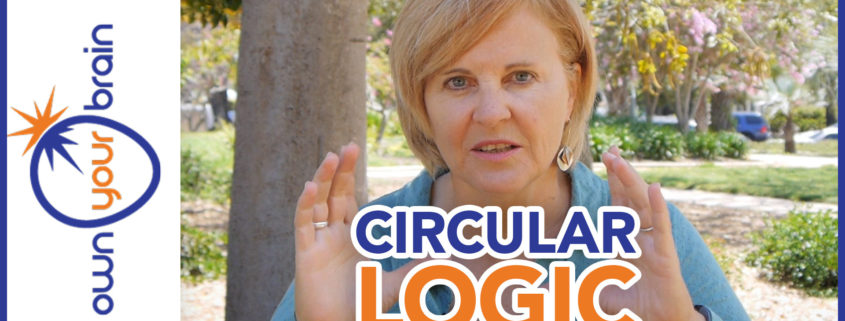
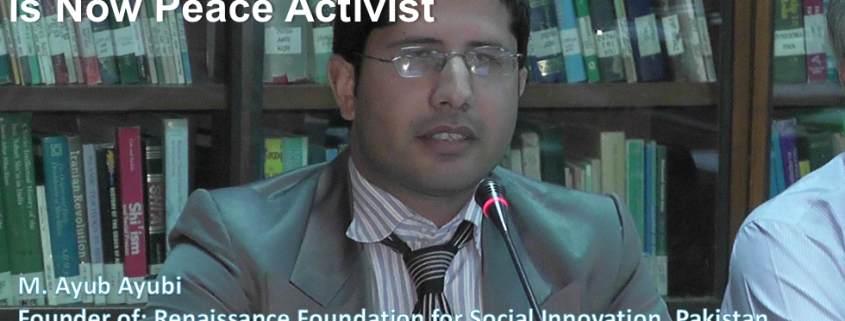
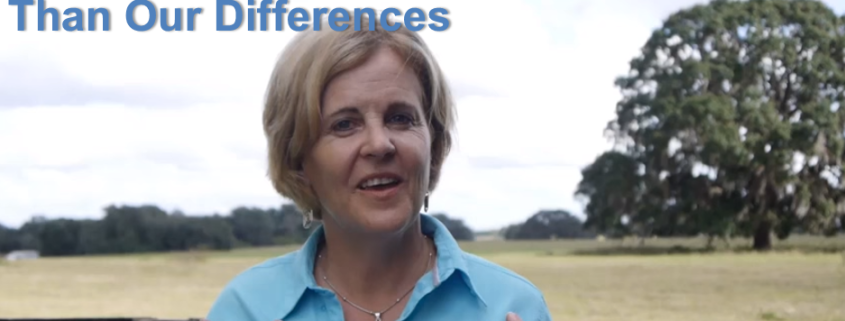
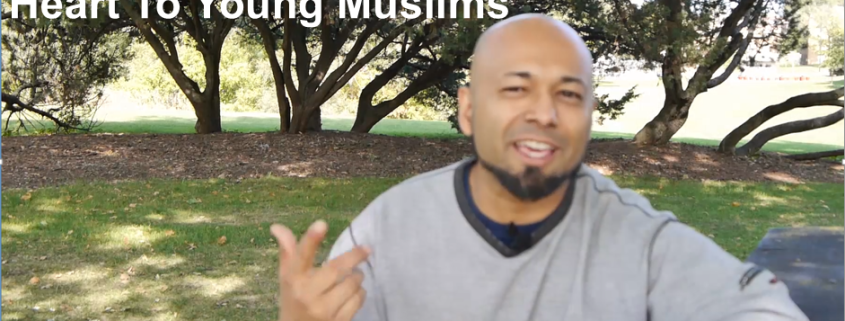
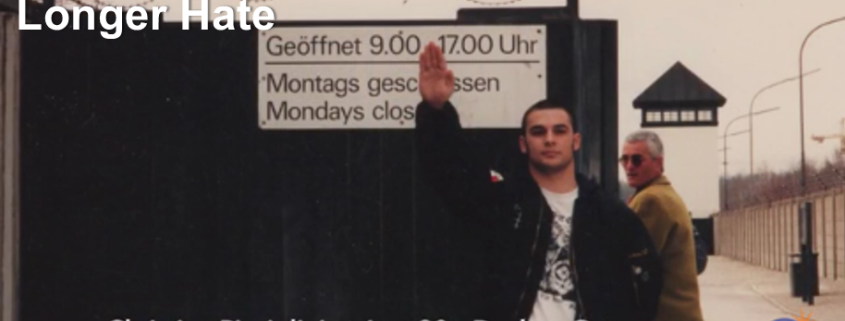
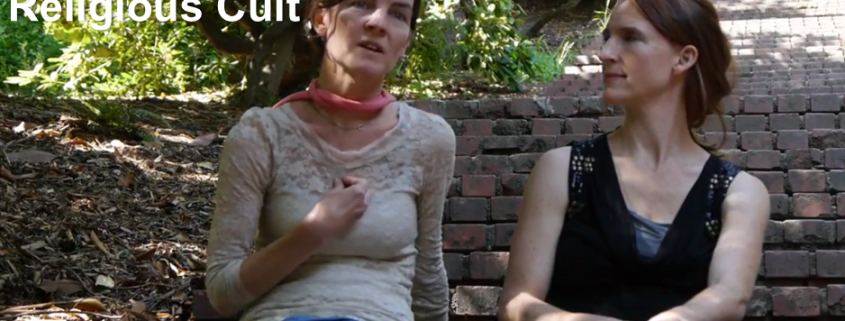
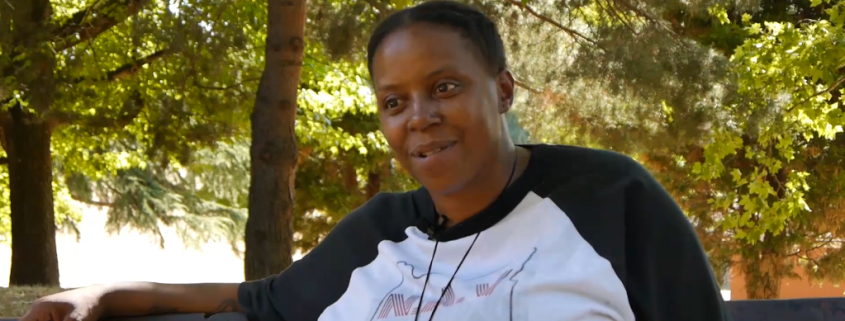
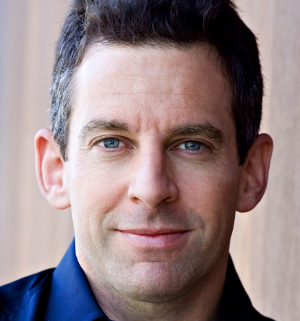
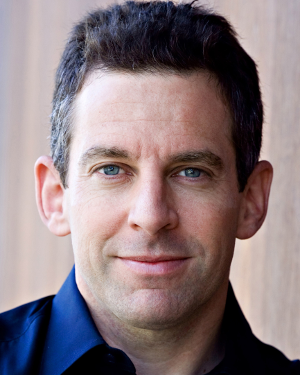
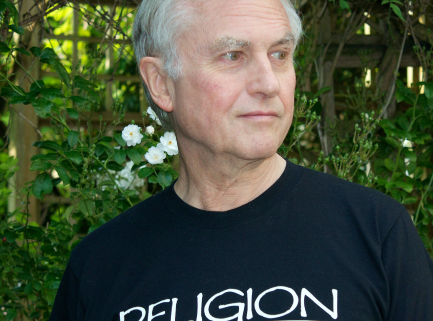
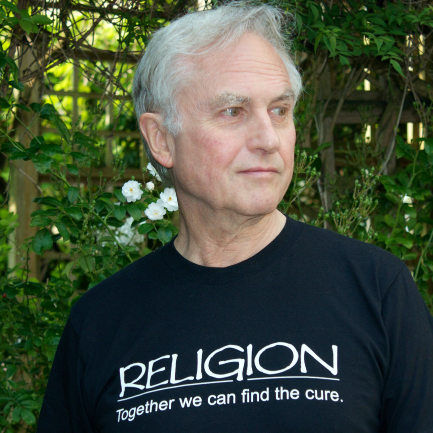 Richard Dawkins tweeted the following today.
Richard Dawkins tweeted the following today. 
